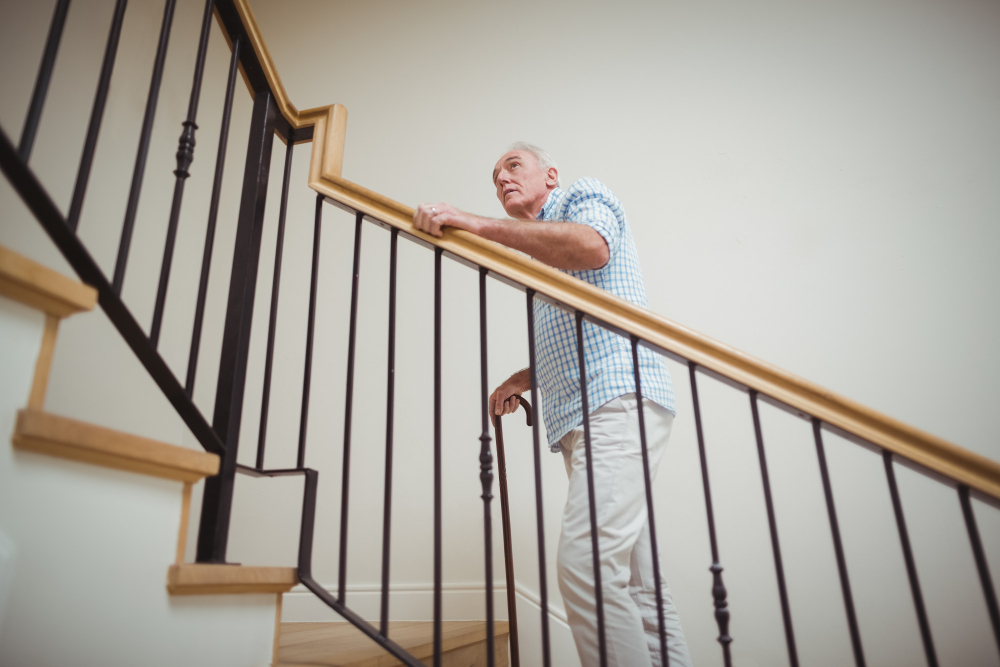When it comes to ensuring the safety of our elderly loved ones, technology offers several solutions. Two prominent systems that often get compared are fall detection and Life Alert. These systems provide peace of mind for families and caregivers by ensuring that help is available when needed most. In this article, we will explore the differences and advantages of fall detection compared to Life Alert, helping you make an informed decision for your family.

Understanding Fall Detection Systems
Fall detection systems are designed to automatically detect when a person has fallen and send alerts to emergency services or designated contacts. These systems typically use sensors and advanced algorithms to differentiate between a fall and regular movements.
How Do Fall Detection Systems Work?
Fall detection systems utilize various technologies, such as accelerometers, gyroscopes, and pressure sensors. These devices can be worn as pendants, watches, or integrated into smartphones. When a fall is detected, the system sends out an alert, often accompanied by the individual’s location, to ensure timely assistance.
Understanding Life Alert Systems
Life Alert systems are more traditional personal emergency response systems (PERS) that require the user to manually press a button to call for help. These systems are reliable and have been used for decades to provide emergency assistance to seniors.
How Do Life Alert Systems Work?
Life Alert systems typically consist of a wearable device, such as a pendant or bracelet, equipped with a button. When the button is pressed, a signal is sent to a monitoring center, where operators can dispatch emergency services if needed.
Key Differences Between Fall Detection and Life Alert
While both systems aim to enhance senior safety, there are notable differences between fall detection and Life Alert:
- Automation vs. Manual Activation: Fall detection systems automatically send alerts when a fall is detected, whereas Life Alert requires the user to manually press a button.
- Technology: Fall detection systems leverage advanced sensors and algorithms, while Life Alert relies on a straightforward button-press mechanism.
- Cost: Life Alert systems may have lower upfront costs, but fall detection systems often offer more comprehensive monitoring features.
Pros and Cons of Fall Detection Systems
Before deciding on a system, it’s essential to weigh the pros and cons of fall detection systems:
Pros
- Automatic Alerts: Provides immediate notification without requiring user intervention.
- Location Tracking: Many systems include GPS tracking for accurate location identification.
- Advanced Technology: Utilizes cutting-edge sensors for reliable detection.
Cons
- False Alarms: Potential for false alarms due to non-fall movements.
- Complexity: Some users may find the technology challenging to understand.
Pros and Cons of Life Alert Systems
Similarly, consider the pros and cons of Life Alert systems:
Pros
- Simplicity: Easy-to-use with a simple button press.
- Reliability: Proven track record of providing emergency assistance.
Cons
- Manual Activation: Requires user intervention, which may not be possible during emergencies.
- No Automatic Detection: Lacks the advanced features of fall detection systems.
Choosing the Right System for Your Needs
Deciding between fall detection and Life Alert depends on various factors, including the user’s lifestyle, health condition, and personal preferences. Here are some considerations to keep in mind:
- Mobility: If the user has limited mobility, a fall detection system may be more suitable.
- Independence: For individuals who prefer maintaining their independence, Life Alert’s simplicity might be appealing.
- Budget: Evaluate the cost of each system, including installation and monthly fees.
For more information on fall prevention and safety measures, visit Preventing Falls Among the Elderly.

FAQs
Are fall detection systems covered by insurance?
Some insurance providers may cover part of the cost for fall detection systems, but it’s essential to check with your specific provider for coverage details.
Can Life Alert systems be used outside the home?
Most Life Alert systems are designed for home use, but some models offer mobile options for use outside the home.
Do fall detection systems work for all types of falls?
While fall detection systems are designed to detect most types of falls, their accuracy may vary depending on the device and specific circumstances.
For more insights on smart elderly care solutions, explore Smart Elderly Care Solutions.
This article contains affiliate links. We may earn a commission at no extra cost to you.






